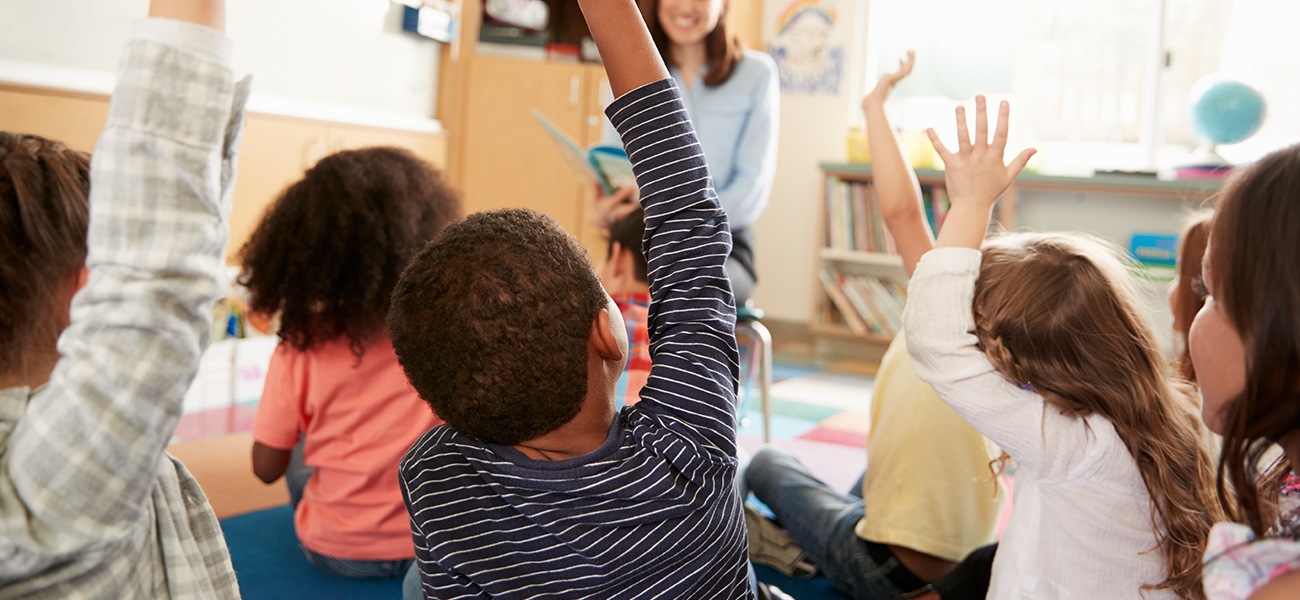Stay ahead of the curve as a political insider with deep policy analysis, daily briefings and policy-shaping tools.
Request a Demo- Nearly 42% of Georgia charter schools closed or reverted to traditional public districts.
- Roughly 1 in 26 Georgia students enrolled in charter schools in spring 2021.
- Academic progress promising for most charter schools.
Michele Neely knew nothing about charter schools when she set out to find a less regimented, less test-focused school for her children. She found the right fit at the International Charter School of Atlanta, a north Fulton County charter school with a more relaxed attitude on test scores and with classes in more than just English as a dual-language immersion program.
The experience was so worthwhile that once her kids aged out of the K-8 school, Neely hopped on the charter-school bandwagon and became president of the nonprofit State Charter Schools Foundation of Georgia.
“I was frustrated with everything being such a traditional approach,” Neely said of traditional public K-12 schools in a recent interview. “A school is so much more than just their (test scores) and their ranking.”
However, while Neely’s kids’ charter school has stayed open since 2015, dozens of other charters in Georgia have either closed or reverted to traditional public schools since 2009, according to an analysis of state data by State Affairs.
Meanwhile, dozens more charter schools have also opened during that time, many of which show promising trends in boosting academic progress for some of Georgia’s roughly 150,000 students at chronically low-performing schools. That track record paints a curious picture of the staying power of Georgia’s charter schools, particularly once the COVID-19 pandemic ends and many parents rethink where they want to send their kids to school.
“Our charters are really incubators for innovation,” Neely said. “If they see they need to make adjustments, they can quickly pivot and be very responsive to the community.”
Those less confident in charter schools see the high closure and reversion rate as evidence the charter model offers better educational options on paper but falls short when it comes to actually delivering a better school experience for lower-performing students.
“Charter schools have not been the panacea that some folks claim them to be,” said Jimmy Stokes, a retired Georgia educator and former executive director of the Georgia Association of Educational Leaders.
“They thought this was going to be a marvelous invention of schooling that would result in academic achievement,” he said. “And it hasn’t.”
NEXT
Professionals still face licensing delays amid state’s transition to online system
The Gist Georgia’s professionals and business owners are still struggling to obtain professional licenses in a timely manner. As the Secretary of State’s Office rolls out its new Georgia Online Application Licensing System to expedite the process, the efficiency of this new process is being put to the test. What’s Happening Thursday morning at the …
Controversy over AP African American Studies class grows
Rashad Brown has been teaching Advanced Placement African American Studies at Atlanta’s Maynard Jackson High School for three years. He’ll continue to do so — even though the state’s top education official removed it from the list of state-funded course offerings for the upcoming school year. While Brown prepares to start teaching his class on …
Students, teachers, lawmakers blast decision to end AP African American history classes
ATLANTA — A coalition of lawmakers, civil rights leaders, clergy, educators and students Wednesday called on the state’s education czar to rescind his decision to drop an advanced placement African American studies class from the state’s curriculum for the upcoming school year. “This decision is the latest attack in a long-running GOP assault on Georgia’s …
Kamala Harris’ presidential bid reinvigorates Georgia Democrats
Georgia Democrats have gained new momentum heading into the November election, propelled by President Joe Biden’s decision to bow out of his reelection bid and hand the reins to Vice President Kamala Harris. The historic decision, announced Sunday, is expected to prove pivotal in the national and state political arenas and breathe new life and …





